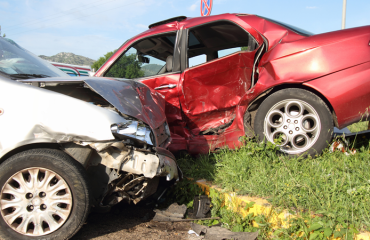When a person has been harmed by the negligence of another, it’s not unlikely that the person who has been harmed will seek legal advice. After all, usually the harm comes with a financial aspect such as expensive medical bills and lost wages. In the case of wrongful death, though, the possible damages a family can receive may be complicated to understand, even more so during a time of severe grief and distress.
When a Delaware resident dies from severe injuries that they suffered because of another person’s or entity’s negligence, the family or other personal representative of the decease person can file a wrongful death claim. Of course, when a person dies, the true “damage” can’t really be calculated and the extent of it is likely to be unfathomable. Nevertheless, the law does attempt to quantify the financial harm caused by a person’s untimely death due to a fatal accident caused by negligence.
In a civil lawsuit, damages may come in two different, broad categories: compensatory and punitive. Compensatory damages typically seek to remedy a specific harm caused by negligence, such as the lost income of a family’s primary earner. Punitive damages, on the other hand, have as their objective the punishment of the person who committed the negligent act.
Compensatory damages often include medical bills, the cost of time taken off work and the cost of future work lost in a personal injury case. In a wrongful death case, compensatory damages are similar and can include the loss of expected income, medical and funeral expenses, and pain and suffering. An experienced wrongful death attorney can provide legal advice and answers to a grieving family’s questions and concerns.
Source: FindLaw, “What are compensatory damages?” accessed Aug. 22, 2016





